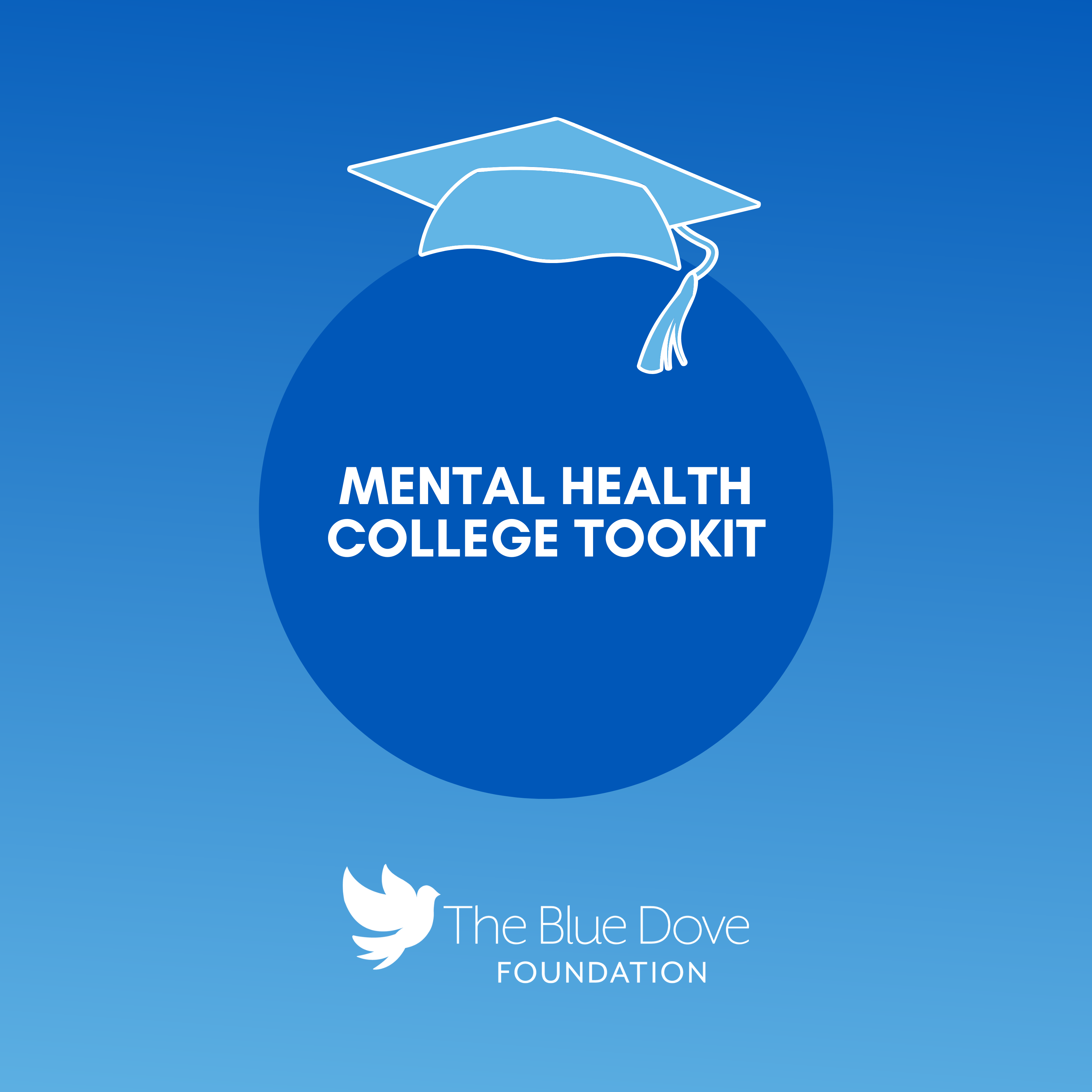Written in Partnership with In the City Camps | Even before the pandemic that changed the world (especially for kids, tweens and teens), depression among tweens was on the rise. The suicide rate among people ages 10 to 14 tripled between 2007 and 2017, according to the Centers for Disease Control and Prevention (CDC). And according to U.S. News and World Report, tweens are experiencing major depression nearly 50 percent more often nowadays, which dramatically increases their risk of suicide. So what can parents do to determine whether their tween is having an emotional crisis?










